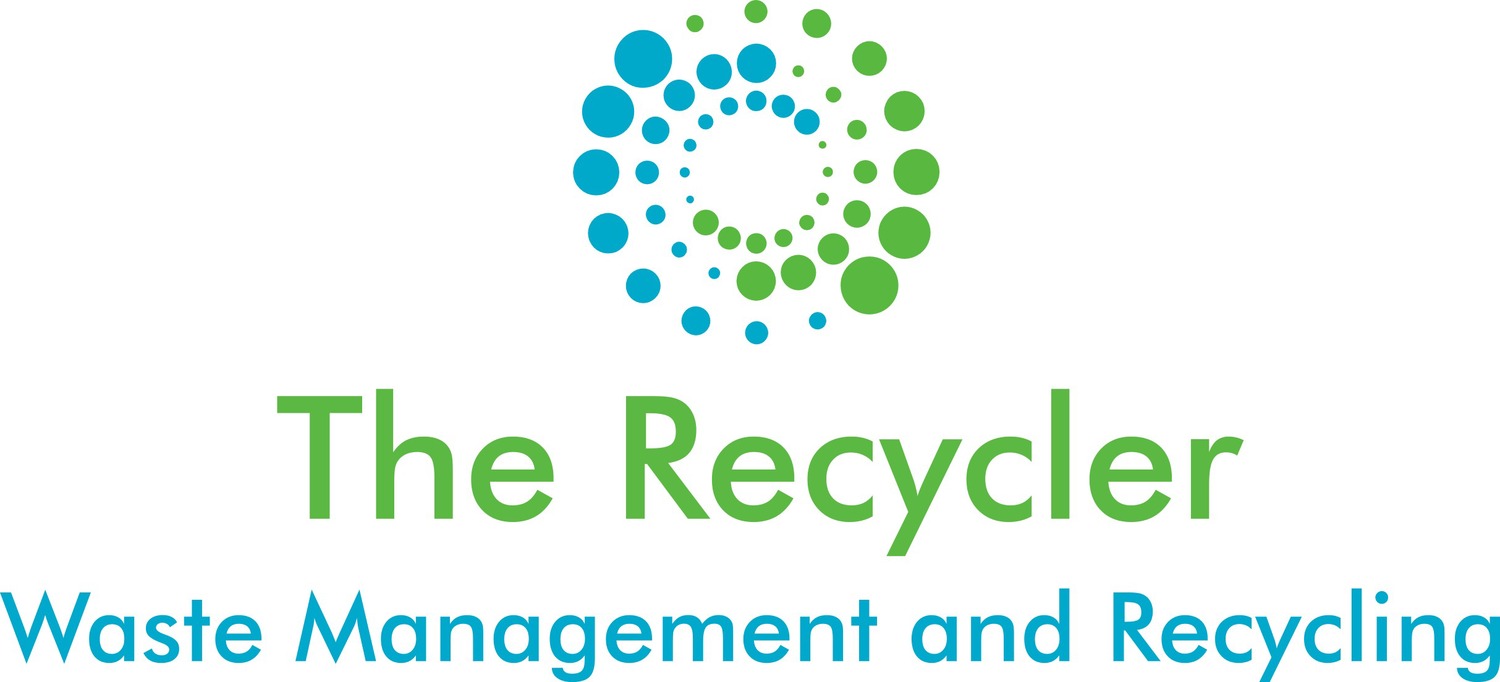Non-Recyclable Plastic - Waste to Fuel (Co-processing)
Globally only 9% of plastic is recycled, the vast majority goes to a landfill, dumpsite, or ends up in the environment (ocean, rivers, forest, burned). In Africa, 64% of the plastic material ends up mismanaged and uncollected. (Source: OECD Report)
The Recycler’s newest project in 2023 is working with non-recyclable plastic material - “Other Plastic”. This is part of a push for zero-waste to landfill and to find more recyclable uses for low-value plastic material. The “Other Plastic” will be sorted for recycling material first with an emphasis of finding more recyclable uses. Then all non-recyclable plastic material will be used for Waste to Fuel. Our goal is remove from the environment 550 tons of non-recyclable plastic material and use for waste to fuel in a local cement kiln. Waste-to-fuel (WtF) in a cement kiln is a process where waste materials are used as a fuel source to heat the kiln in order to produce cement. The process of WtF in a cement kiln is beneficial because it reduces the amount of fossil fuels needed to heat the kiln, which in turn reduces the carbon footprint of the cement production process. Additionally, the use of waste materials as a fuel source helps to reduce the amount of waste that ends up in landfills or the environment. WtF in cement kilns is also considered as a form of thermal treatment and disposal of waste. This process is also known as co-processing, and it is considered a sustainable way of waste management as it reduces the environmental impact of waste disposal, and at the same time, produces a useful product. There are over 150 kilns in Europe that use waste to fuel every day, with waste making up 40% of thermal energy used in the clinker-making process at EU-based cement factories. This process is accepted and recommended by both the Basel Convention and the Montreal Protocol.
Recycling is Still Our Number One Priority
Waste to Fuel is not Recycling. WtF has a lot of valid criticism that we recognize and is not a panacea for plastic waste. The best approach is to first reduce the amount of plastic produced and redesign it to be more circular. Recycling is seen as a more effective and environmentally-friendly solution in terms of carbon footprint and resource recovery. Banning single-use plastic items such as straws, plastic bags, and cutlery is also crucial in reducing waste. We will constantly be looking for ways to recycle more plastic. In terms of pollution, burning plastic waste in a cement kiln with capture and filtration systems is a significant improvement over open burning, which is a common practice for disposing plastic waste in Tanzania - even waste at the legal dumpsites often ends up burning. A cement kiln using plastic waste means less coal or natural gas and less plastic waste in the environment, however it is also just replacing one form of fossil fuel (coal or natural gas) in the cement kiln with another one. So recycling will still be our number one priority.
What Plastic is Recyclable
The Recycler collects all recyclable material. For more details pictures see our Recyclable Guide here
PET - plastic bottles
HDPE - Hard Plastic Bottles, Chairs, Tables, Buckets
LDPE - Clear Plastic wrapping
PP - some plastic containers
PVC - plastic piping
What is not Recyclable
This depends often on the location. Specifically in Tanzania the following are not recyclable
Plastic bags and films (e.g. grocery bags, shrink wrap)
Styrofoam (expanded polystyrene)
Plastic cutlery and straws
Plastic cups and plates
Plastic toys
Plastic toothbrushes and razors
Plastic candy and snack wrappers
Plastic straws
Plastic cigarette filters
Plastic diapers
Any recyclable plastic material that is contaminated
Co-mingled HD, LD, PP and PET plastic - plastic mixed with other material like Tetra-pak
Discarded Fishing Equipment
Flip Flops and Shoes
Recycler is now taking Non-Recyclable Plastic Waste - “Other Plastic”
The Recycler will now be collecting "Other Plastics" from all locations. Any recyclable plastic will be separated and the remaining material will be shredded and prepared for co-processing. If you need a new recycling bin for "Other Plastics", please contact the Recycler.

